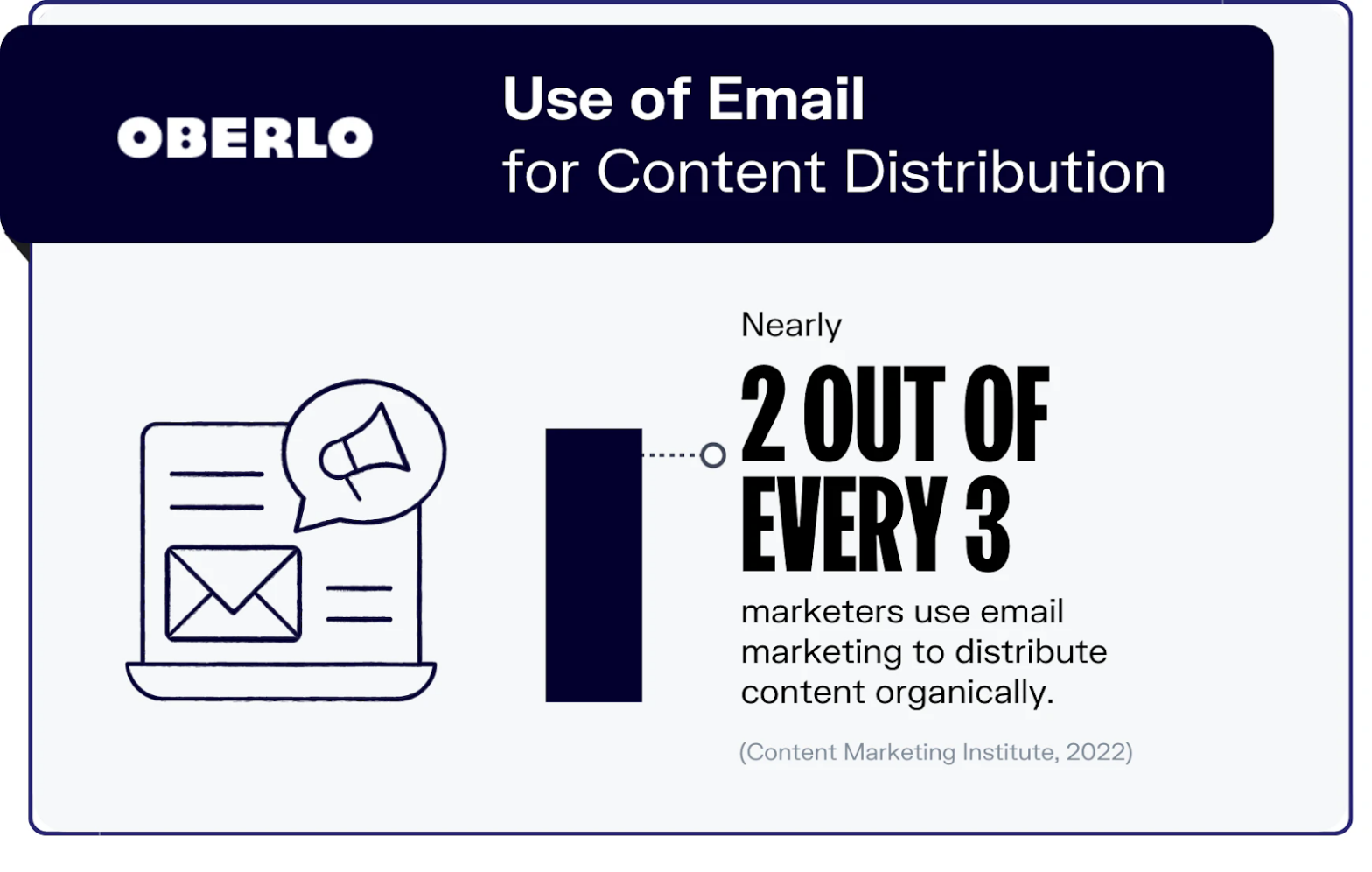In today’s fast-paced business environment, selecting the best data room software is crucial for enhancing efficiency, ensuring security, and driving growth. This software is not just a tool for business owners; it’s also a vital asset for digital marketers and auditors. We will explore how these platforms serve as essential business development and audit software tools.
Enhancing Business Operations with Data Room Software
The best data room software offers a secure and organized environment for storing, managing, and sharing vital business documents. For business owners, this means enhanced collaboration and efficiency. Digital marketers benefit greatly from these platforms, as they facilitate the sharing of strategies, campaign data, and performance metrics in real time. The security aspect of these platforms cannot be overstated, especially when handling sensitive business plans, financial reports, and customer data. Data room software provides robust security features, ensuring that confidential information remains protected. Furthermore, the scalability and flexibility of these platforms ensure they can adapt to changing business needs and data volumes, a crucial factor for sustained business development.
Revolutionizing Audit Processes with Data Room Software
For auditors, data room software is a game-changer, streamlining their workflow and enhancing precision and compliance. These platforms allow for centralized data management, simplifying the audit process by making data retrieval, comparison, and analysis more efficient. Audit software tools within these platforms help maintain compliance with various regulations and facilitate transparent and compliant audit processes. Additionally, the real time collaboration and communication capabilities are invaluable for audits involving multiple stakeholders, ensuring smooth and effective audit processes.
Synergizing Audit and Marketing for Comprehensive Business Growth
Integrating audit insights with marketing strategies within a data room offers unique advantages for holistic business growth. Auditors provide critical insights into market trends and operational efficiency, which digital marketers can use to tailor their strategies, aligning them with the company’s overall objectives. This synergy also aids in risk management and compliance, ensuring that marketing campaigns are effective and adhere to legal and ethical standards.
Conclusion
The best data room software stands at the confluence of business development, marketing optimization, and auditing efficiency. These platforms are essential for business owners, digital marketers, and auditors, offering tools that enhance collaboration, ensure security, and support data-driven decision-making. By leveraging these versatile solutions, businesses can streamline operations, safeguard data, and pave the way for sustained growth and success. In the information age, the right data room software is more than a tool; it’s a key to unlocking business potential.




